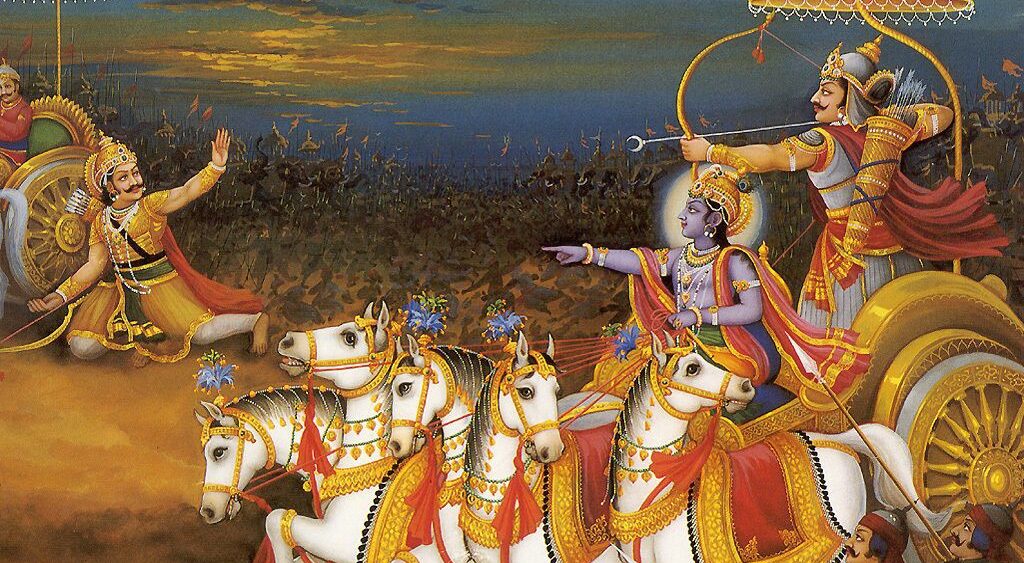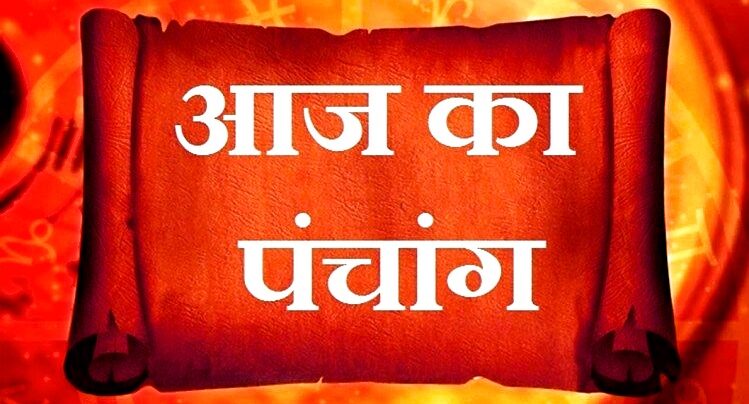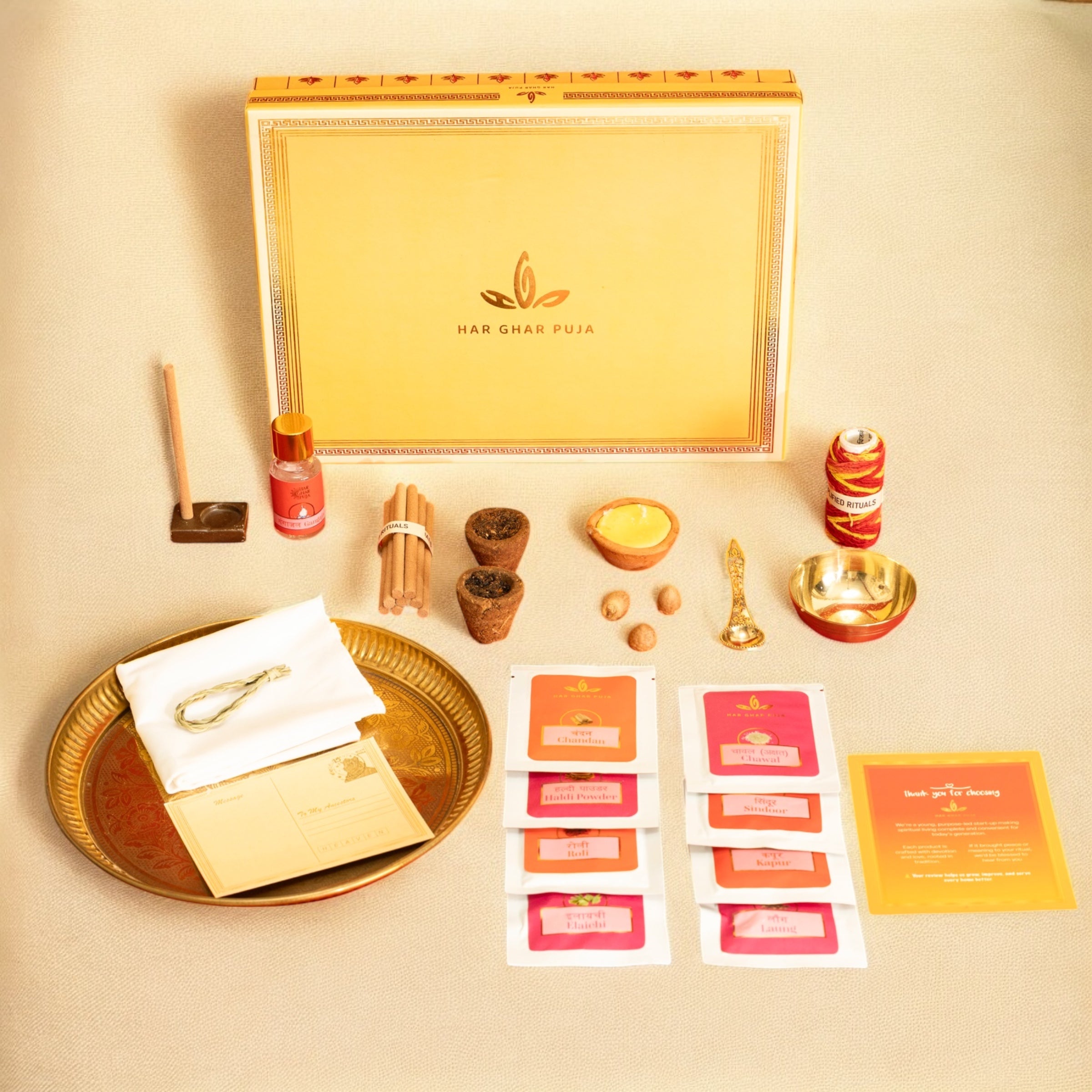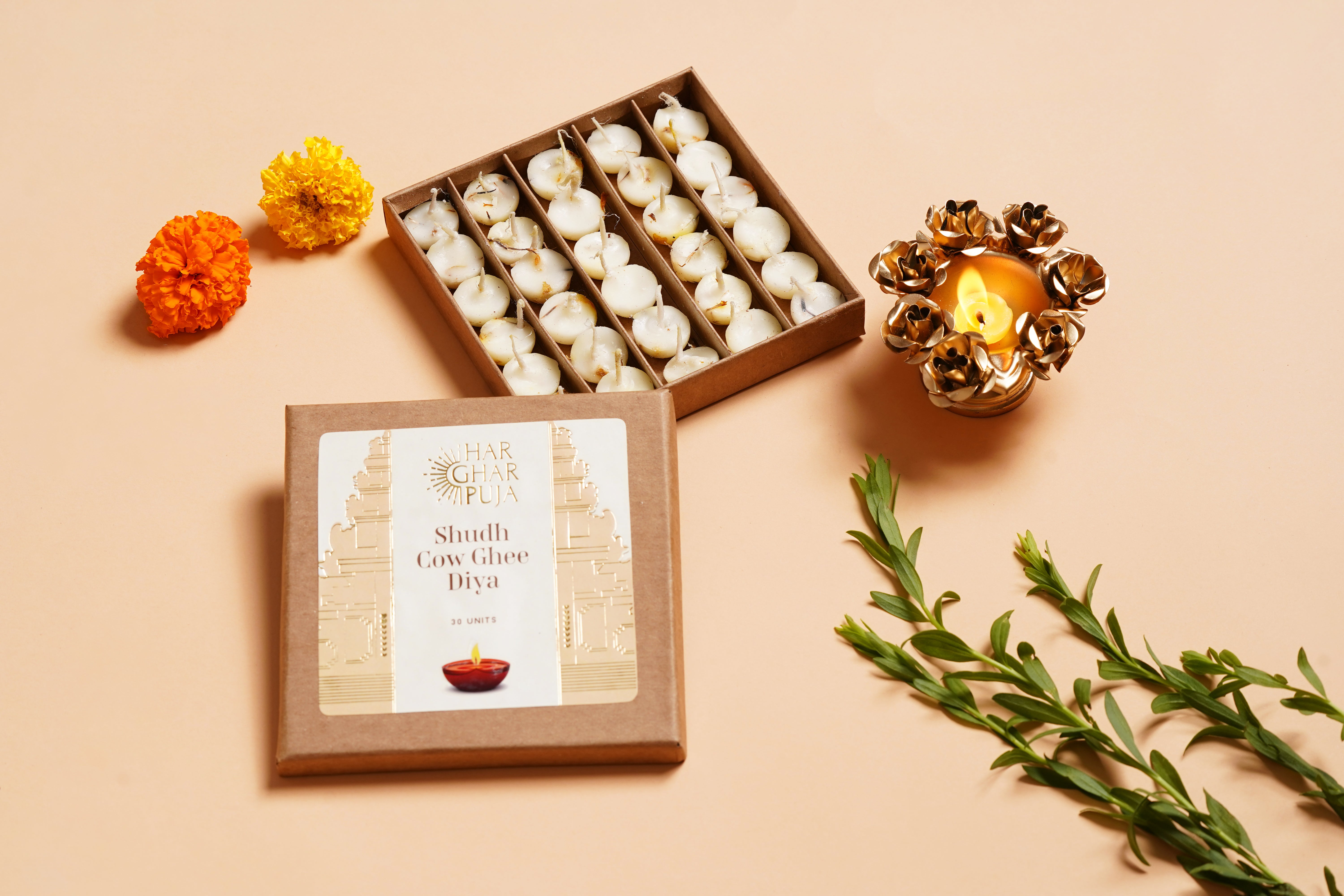Pitru Paksh, also known as Shraddha Paksh, is a significant 15-day period in Hindu tradition dedicated to paying homage to one’s ancestors. It begins on the full moon day (Purnima) of the Hindu month of Bhadrapada and ends on the new moon day (Amavasya) of the Ashwin month. During this time, people perform rituals and offer food and water (tarpan) to their ancestors’ souls for their peace and liberation.
The Story of Pitru Paksh

The primary story associated with Pitru Paksh is related to Karna, a key character in the Mahabharata. Karna, known for his generosity, donated gold, wealth, and food throughout his life. However, he never offered food and water to his ancestors, as he was unaware of his true lineage. Upon his death, when Karna’s soul reached the heavens, he received gold and jewels but no food. Puzzled, he asked Lord Indra the reason, who explained that despite his numerous donations, he had never performed Shraddha for his ancestors.
Realizing his mistake, Karna requested Lord Yama (the god of death) for a chance to rectify this. He was granted a 15-day period on earth to perform Shraddha and offer food and water to his ancestors. This period is now known as Pitru Paksh, where people make offerings to appease their ancestors’ souls.
Significance of Pitru Paksh

The importance of Pitru Paksh can be understood through the following points:
- Blessings from Ancestors: Performing Shraddha and Tarpan during Pitru Paksh is believed to satisfy the souls of ancestors, granting their blessings to the family for prosperity, peace, and well-being.
- Relief from Pitru Dosha: In Hindu beliefs, every individual is indebted to their ancestors, known as ‘Pitru Rin’. Performing rituals during this period helps alleviate this debt and bring peace to both the ancestors and the family.
- Spiritual Importance: The offerings made during Pitru Paksh are considered essential for the spiritual progress of the departed souls, aiding them in achieving liberation (moksha).
- Cultural and Religious Significance: This period reinforces the cultural values of remembering and honoring the departed, highlighting the importance of familial bonds across generations.
Rituals of Pitru Paksh
During Pitru Paksh, the following rituals are performed:
- Shraddha: This is a sacred ritual where food is prepared and offered to Brahmins or priests. The belief is that by serving the Brahmins, the food reaches the ancestors.
- Tarpan: In this ritual, water mixed with sesame seeds is offered to the ancestors to satisfy their souls.
- Pind Daan: It involves offering rice balls mixed with black sesame seeds and other ingredients, mainly performed in holy places like Gaya.
Pitru Paksh 2024: Important Dates

| September 17, 2024 | Tuesday | Poornima Shraddh |
| September 18, 2024 | Wednesday | Pratipada Shraddh |
| September 19, 2024 | Thursday | Dvitiya Shraddh |
| September 20, 2024 | Friday | Tritiya Shraddh |
| September 21, 2024 | Saturday | Chaturthi Shraddh, Maha Bharni |
| September 22, 2024 | Sunday | Panchami Shraddh |
| September 23, 2024 | Monday | Shashthi Shraddh, Saptami Shraddh |
| September 24, 2024 | Tuesday | Ashtami Shraddh |
| September 25, 2024 | Wednesday | Navmi Shraddh |
| September 26, 2024 | Thursday | Dashmi Shraddh |
| September 27, 2024 | Friday | Ekadashi Shraddh |
| September 29, 2024 | Sunday | Dwadashi Shraddh, Magha Shraddh |
| September 30, 2024 | Monday | Trayodashi Shraddh |
| October 1, 2024 | Tuesday | Chaturdashi Shraddh |
| October 2, 2024 | Wednesday | Sarva Pitru Amavasya |







